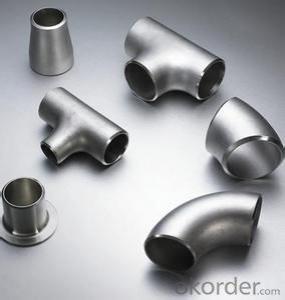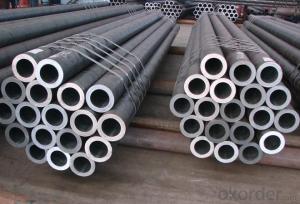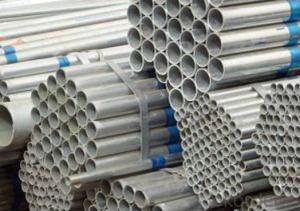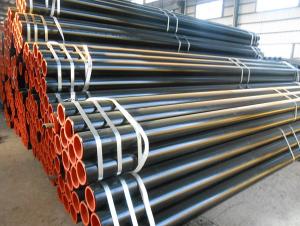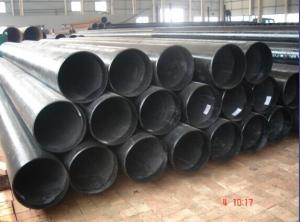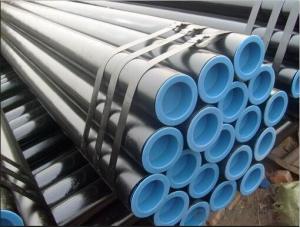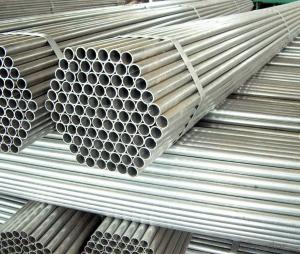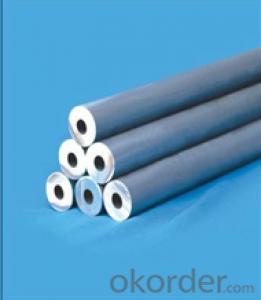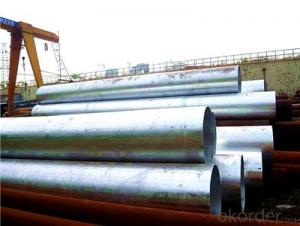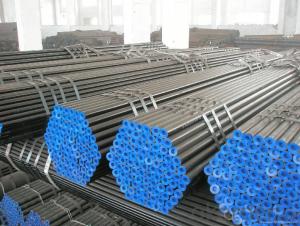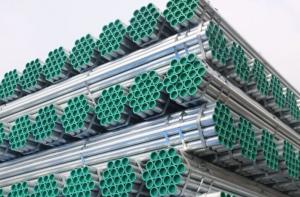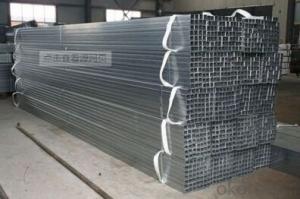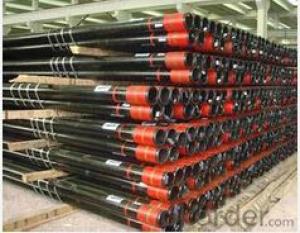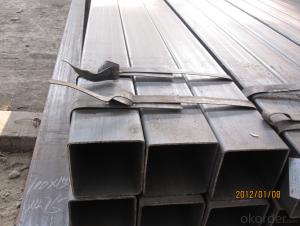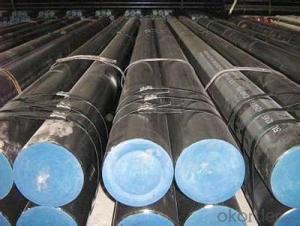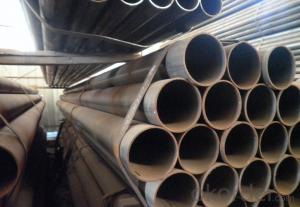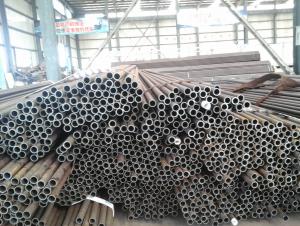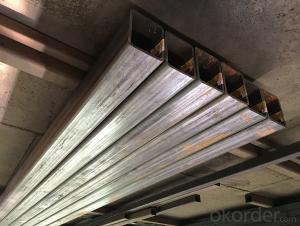All Categories
- - Steel Wire Rod
- - Steel Coils
- - Steel Profiles
- - Steel Pipes
- - Stainless Steel
- - Tinplate
- - Special Steel
- - Steel Sheets
- - Steel Rebars
- - Steel Strips
- - Hot Rolled Steel
- - Cold Rolled Steel
- - Pre-painted Steel
- - Seamless Steel Pipe
- - Welded Steel Pipe
- - Hollow Steel Tubes
- - Galvanized Pipe
- - Stainless Steel Coil
- - Stainless Steel Sheet
- - Stainless Steel Plate
- - Stainless Steel Strips
- - Electrolytic Tinplate Coil
- - Electrolytic Tinplate Sheet
- - Stainless Steel Rebars
- - Solar Panels
- - Solar Water Heater
- - Solar Related Products
- - Solar Inverter
- - Solar Cells
- - Solar Light
- - Solar Energy Systems
- - Solar Controllers
- - Solar Mounting System
- - Solar Pump
- - Solar Chargers
- - Fiberglass Chopped Strand
- - Fiberglass Mesh Cloth
- - Composite Pipes
- - FRP Pultrusion Profiles
- - Fiberglass Mat Tissue
- - Fiberglass Fabrics
- - Fiberglass Mesh
- - Composite Tank
- - Fiberglass Mesh tape
- - Polymer
- - FRP Roofing Panel
- - Fiberglass Roving
- - Monolithic Refractories
- - Ceramic Fiber Products
- - Refractory Bricks
- - Raw Materials For Refractory
- - Suspended Platform
- - Cranes
- - Concrete Machinery
- - Earthmoving Machinery
- - Building Hoist
- - Road Building Machinery
- - Plastic Pipe Fittings
- - Plastic Tubes
- - Plastic Sheets
- - Agricultural Plastic Products
- - Plastic Nets
 All Categories
All Categories
Q & A
How do you calculate the fluid flow rate through a network of interconnected steel pipes?
To calculate the fluid flow rate through a network of interconnected steel pipes, one needs to consider several factors. Firstly, the diameter of each pipe and their lengths must be known. Then, the pressure difference between the start and end points of the network needs to be determined. Additionally, the fluid properties, such as viscosity and density, are essential. By applying principles of fluid mechanics, such as Bernoulli's equation and the Darcy-Weisbach equation, one can calculate the flow rate using formulas specific to pipe networks. These calculations often involve complex mathematical models or software programs that take into account the pipe network's geometry, fluid properties, and flow conditions.
How do steel pipes contribute to the manufacturing of electrical conduits and wiring systems for buildings and infrastructure?
Steel pipes are essential in the manufacturing of electrical conduits and wiring systems for buildings and infrastructure due to their durability, strength, and resistance to corrosion. These pipes provide a secure housing for electrical wires, protecting them from external elements and potential damage. Additionally, steel pipes offer excellent conductivity, ensuring efficient transmission of electricity throughout the system.
How does the wall thickness of steel pipes impact their strength and durability?
The wall thickness of steel pipes directly impacts their strength and durability. Thicker walls result in stronger pipes that can withstand higher levels of pressure and external forces. Additionally, thicker walls provide greater resistance to corrosion, abrasion, and potential damage. Therefore, the wall thickness is a crucial factor in determining the overall strength and longevity of steel pipes.
What is the role of steel pipes in HVAC systems?
Steel pipes play a crucial role in HVAC systems as they are used for transporting hot or cold water, steam, and refrigerant throughout the system. These pipes provide a durable and reliable conduit for the efficient distribution of thermal energy, ensuring proper heating, cooling, and ventilation in buildings. Additionally, steel pipes are resistant to corrosion and can withstand high pressure, making them ideal for the demanding conditions of HVAC systems.
Wholesale Steel Pipes from supplier in Mali
We are a Steel Pipes supplier serving the Mali, mainly engaged in the sale, quotation, and technical support services of various Steel Pipes products in the Mali region. We are a subsidiary platform of the Fortune Global 500 company CNBM, able to provide you with one-stop Steel Pipes procurement services in the Mali. Not only do we have a wide range of Steel Pipes products, but after years of market development in the Mali, we can also provide valuable experience for your projects.
